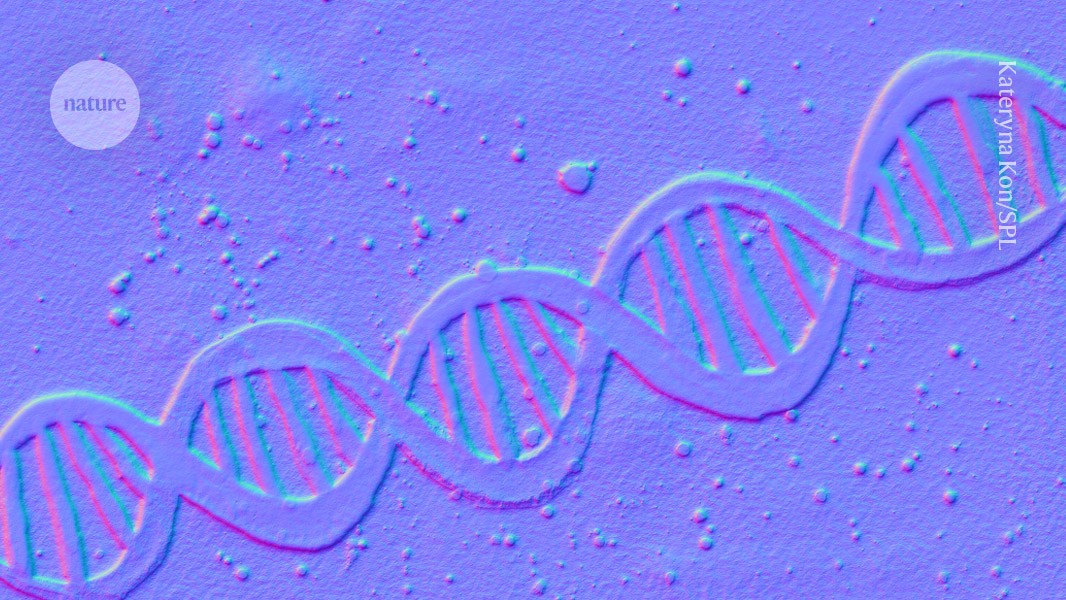
"Researchers have found a new way to power DNA computers - tiny biological devices that perform calculations using biochemical properties of DNA bases rather than conventional silicone chips, which use electricity to carry out computation. These molecular machines could one day be used to store data, solve difficult mathematical problems and analyse biological data. But researchers have struggled to find an energy source for them that is as reliable as the ATP used in living cells or the electricity that powers everyday devices."
"The authors created DNA circuits that they could charge and recharge by cycling the temperature of the system. The work "suggests a future where artificial molecular machines can recharge themselves and remain active over long periods of time", says study co-author Lulu Qian, a bioengineer at the California Institute of Technology in Pasadena. "It's like self-driving cars pulling into charging stations on their own: molecules could one day recharge themselves at heat stations.""
DNA-based computers use biochemical properties of DNA bases to perform calculations and store information, offering alternatives to silicon electronics. Researchers developed a heat-powered approach that charges and recharges DNA circuits by cycling system temperature, improving energy reliability compared with fragile previous sources such as ATP or ad hoc methods. Heat-driven thermal cycling enabled DNA circuits to remain active and be recharged repeatedly, suggesting long-term operation and self-recharging molecular machines. The method draws inspiration from hypotheses about early evolution and positions thermal energy as a practical, robust power source for future molecular computing and data-storage applications.
Read at Nature
Unable to calculate read time
Collection
[
|
...
]